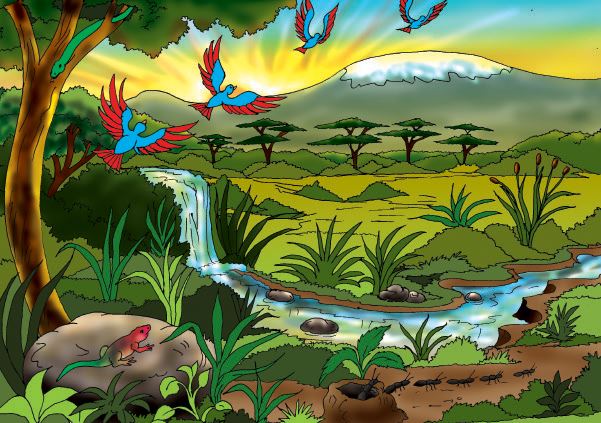Specific objectives
By the end of the topic, the learner should be able to:
- define biology
- list the common branches of biology
- explain the importance of the study of biology
- state the characteristics of living things
- state the main differences between plants and animals
Biology is the science that involves the study of living beings. The word 'biology' comes from the Greek words 'bios' (which means life) and 'logos' (which means knowledge). Therefore, biology means 'the knowledge of life'. The term biology was first coined by a scientist called Lamarck in 1805.


